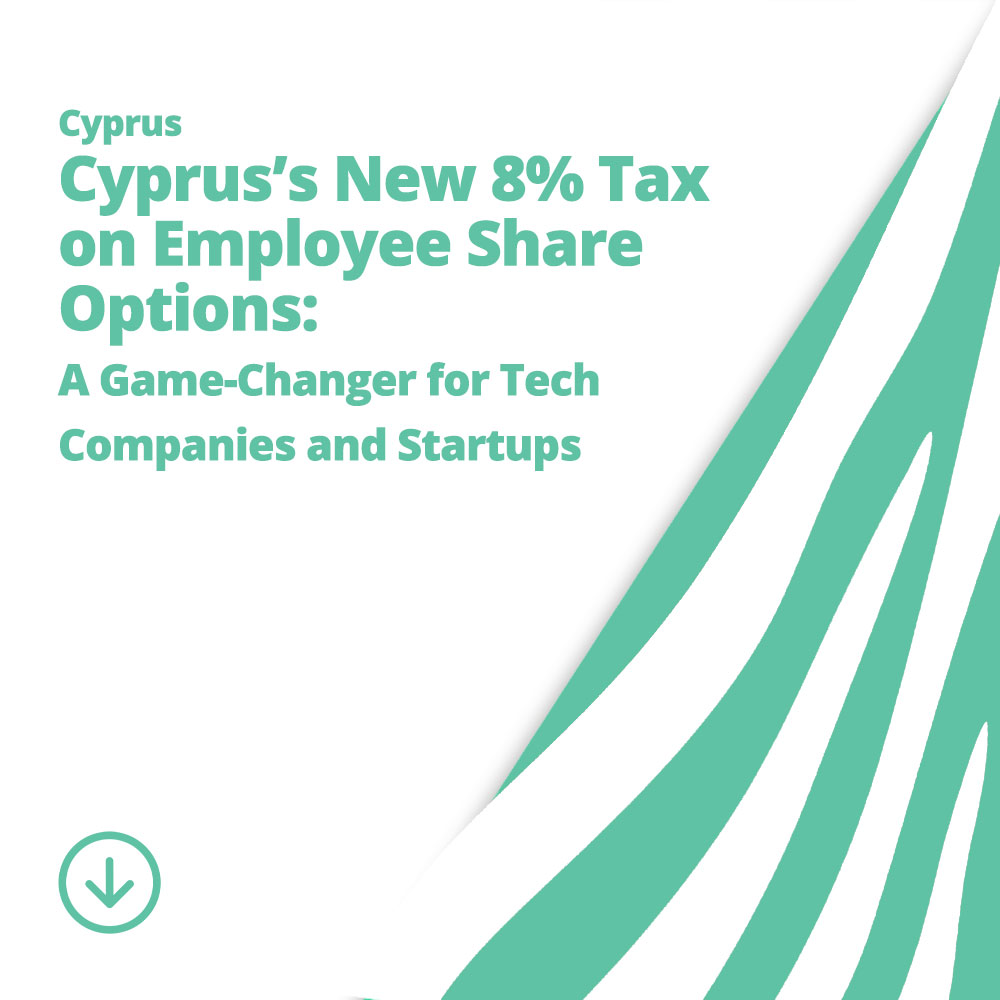With the world becoming ever-more reliant on information technology and AI in every walk of life, it stands to reason that more techies are needed to keep everything running for the rest of us. From everyday financial transactions, through local and international logistics to booking flights and hotels or communicating with a service provider through an automated AI powered conversational agent or ChatBot – everything we do nowadays works as it does because someone, somewhere, programmed a computer to make it happen.
The simple fact is that we are now in the midst of an international tech talent shortage. The demand for tech jobs on the island of Cyprus, and indeed the rest of the world, outstrips the supply of people to fill those positions.
This lack of software engineers is making it increasingly difficult for employers to source, identify and hire outstanding people, which presents many challenges for employers and recruiters alike. However, Cyprus is well-positioned to cope with such issues – it is a tech hub jurisdicted within the EU and advantageously located between the Middle East and mainland Europe. It would be a terrible waste of opportunity therefore, if Cypriot government, businesses and academia were not to capitalize upon the island’s geo-political and demographic position.
Cyprus Government and Academia are supporting the way
So, it was refreshingly good news that January 2022 saw an amendment to the government of Cyprus’ immigration policy, in response to market needs, which opened the labour market to science, technology, engineering and mathematics (STEM) qualified (or studying) third country nationals and their families. This has removed the rigidities of the last 50 years of policies, as we now have a government that keeps working for, and listening to, investors into the local business community.
As Europe’s southernmost country, Cyprus is beautiful, sunny and well-known for its long summers and sandy beaches; a former British colony, the island retains something of an English feel, with all its universities offering courses in English. But as a service sector, Cyprus has historically produced accountants, lawyers and medical practitioners.
However, notably, the University of Nicosia school of sciences and engineering is encouraging international intake of those wishing to study STEM subjects. This is helping to increase the percentage of local talent who choose to study Computer Sciences and other ICT disciplines, which, over time, will increase the availability of tech talent locally. Qualifications offered by the Nicosia University include four-year BSc courses in Computer Engineering, Computer Science, Data Science, and others. Such courses are also offered part-time, remotely and / or via hybrid physical attendance. In fact, in 2021, the University launched the first MSc course of its kind in Blockchain and Digital Currency – Beating MIT and Harvard to launch the first university course of its kind.
The University of Nicosia’s outreach and marketing strategy is very impressive. When the Blockchain master’s degree course was announced, the advertisements for it were displayed internationally, as far afield as New York City USA, where huge electronic billboards blasted the message out across Times Square!
This showcasing of the reach of remote and hybrid teaching in today’s modern world can help to place Cyprus firmly on the map for desirable careers in tech, especially enticing the enrolment of undergraduates from the local and expat population alike. There is also a diaspora of Cypriots now living abroad who are being tempted back by the island’s focus on modernization.
Another incentive is offered by The European Institute of Management and Finance (EIMF), which has offices in Cyprus, Belgium and the UK. Its website states that it is “a leading provider of premium courses, professional and executive education, eLearning and tailored learning solutions with a strong emphasis on the financial and professional services sector.”
They have now partnered with The Code Institute, offering a Diploma course in Full-Stack Software Development and e-Commerce, claiming that “90% of our graduates are hired within six months”. Average salaries for such positions are around €50k per annum; clearly this figure is only likely to rise.
This is a great initiative that has garnered interest from employers to help employees to upskill or assist candidates or new hires who don’t possess the necessary skills due to a lack of technical skills, soft skills, or formal education to acquire at least the basics to build upon in their working life. The e-skills programme of the Deputy Ministry of Research, Innovation and Digital policy recently received a funding of more than €20 million from the European Recovery and Resilience Facility (RRF) to develop reskilling and upskilling courses for professionals and to improve their digital competencies.
Hybrid Workers in the face of infrastructure issues
Another factor that helps combat this tech talent shortage is the rise of the post-pandemic hybrid work culture, where office attendance is now often negotiable, depending upon the potential hire’s location and preferences. In fact, ICT companies are now employing almost 10,000 people in Cyprus, but they don’t all necessarily have to live there full time. The island’s flexibility as an ‘international hybrid workers’ hub’ has never been more attractive. Indeed, according to Heritage.org – Cyprus ranks 23rd out of 177 countries in their 2022 index of economic freedom.
There is an important caveat to consider when Cyprus attempts to welcome a huge influx of international talent; the lack of infrastructure, which is not growing at the same rate as the people arriving, who require it straight away. This is where the hybrid culture especially wins, it allows a ‘controlled’ and gradual physical arrival of people, whilst still enabling all their talent and output to be felt 100% on the island.
It’s no secret that there are not enough affordable housing options, nor a lack of affordable school places – not enough is done to address mobility issues, public transport options are poor, especially in outlying areas. The lack of ringways and motorways challenge the daily commute for a population currently at 1.1 million people. According to the results of a recent survey on the technology sector conducted by the University of Nicosia, the majority of citizens believe that the transformation of Cyprus into a technology hub will have a positive impact on the economy, transforming the sector into a key pillar of economic growth.
When asked whether the technology sector can become the main pillar of the country’s economic development in the coming years, 82% of citizens answered positively, thus confirming the perception that prevails regarding the beneficial economic effects of the sector and its strong prospects.
Gradually, as the ICT sectors in Cyprus develop and expand even further, the labour market will adjust accordingly and will start producing more skilled personnel. This will be important for the technology sectors as well as the economy, as the increase in commercial activity should aid any required infrastructure improvements – a win/win for all concerned.
Screening tech candidates
Here at EZ, we deal with top tier candidates. If they are active in the jobs market, they will almost certainly already have multiple employment offers on the table. Companies that can offer a fast and efficient interview process will therefore win out. Given the current situation, if employers run with rigid, slow and lengthy interview processes, they will lose out on hiring from the short supply of talent that is available now. Consequently, we’re seeing a lot more companies outsource their technical screening to specialist testing companies that can offer rapid assessment and turnaround times to reach the best hiring decision.
The tech industry, with its rapid innovation culture, needs to source skilled talent rapidly, as outstanding potential hires are snapped up almost instantly. The most important tool for tech recruiters is to assess the candidate’s individual needs and respond accordingly, but quickly. Flexibility is the new watchword. Indeed, one Limassol based international company Parimatch Tech, Last year launched ‘Hiring Week’ and makes a job offer in four hours.
Need a personalised recruiting solution?
Whether you’re looking to recruit talent in tech, looking for your next job opportunity or bespoke hiring solutions, we’ll help you find outstanding people or excellent employers.
Contact the team at Emerald Zebra, your Tech, FinTech and Finance sector Recruitment Partner
Email us at jobs@emeraldzebra.cy



